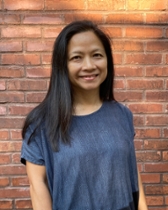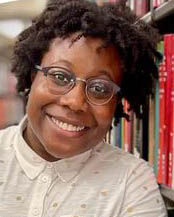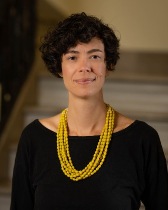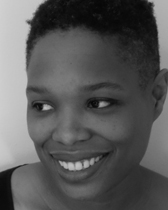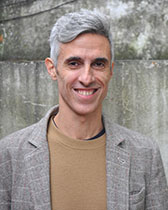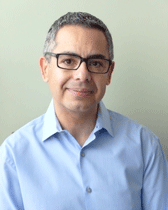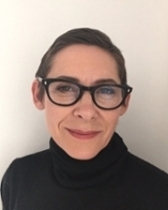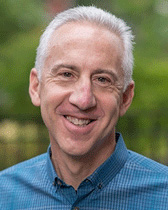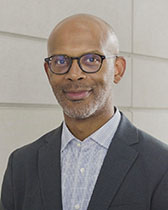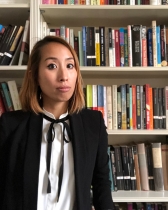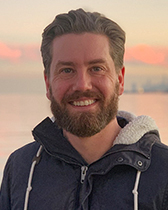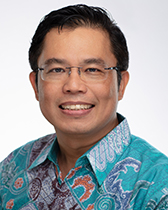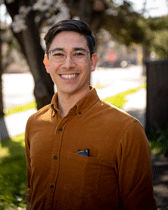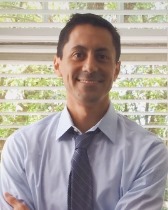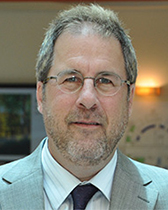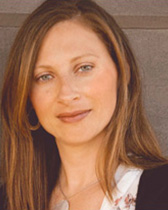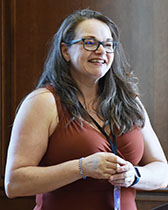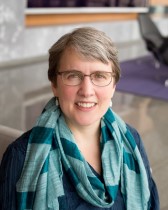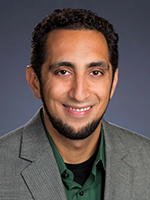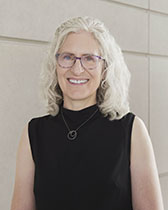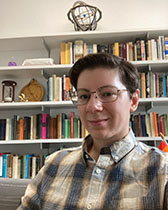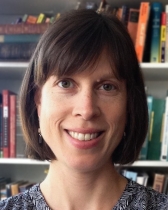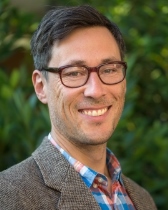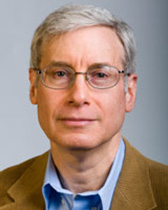
Ken Alder (Ph.D., History of Science, Harvard) is a Milton H. Wilson Professor in the Humanities. He studies the history of science and technology in the context of social and political change. His first book, Engineering the Revolution: Army and Enlightenment in France (Princeton, 1997; Chicago, 2010), won the 1998 Dexter Prize from the Society of the History of Technology. His second book, The Measure of All Things: The Seven-Year Odyssey and Hidden Error that Transformed the World (The Free Press, 2002), examined the origins of the metric system in Revolutionary France. This book has been translated into 12 languages and won the Davis Prize (HSS), the Dingle Prize (BSHS), and the Kagan Prize (The Historical Society). His most recent book, The Lie Detectors: The History of an American Obsession (The Free Press, 2007; Bison Books, 2009) examines the fraught relation between truth and justice in twentieth-century United States. He was awarded a fellowship at the Kaplan Humanities Institute for 2019-2020 for his project on the history of technology.

